Optimal Timing for Brick Mortar Repairs
Proper timing is crucial for effective brick mortar repairs. The ideal period depends on weather conditions, material curing times, and the specific needs of the structure. Generally, dry and mild weather ensures optimal conditions for mortar application and curing, reducing the risk of future deterioration.
Spring offers moderate temperatures and lower humidity, making it suitable for mortar repairs and ensuring proper curing.
Early summer can be ideal, provided temperatures are not excessively high and rain is minimal, preventing mortar from drying too quickly.
Fall provides cooler temperatures and less humidity, aiding in mortar adhesion and longevity.
Winter is generally unsuitable due to freezing temperatures and increased moisture, which can compromise mortar integrity.
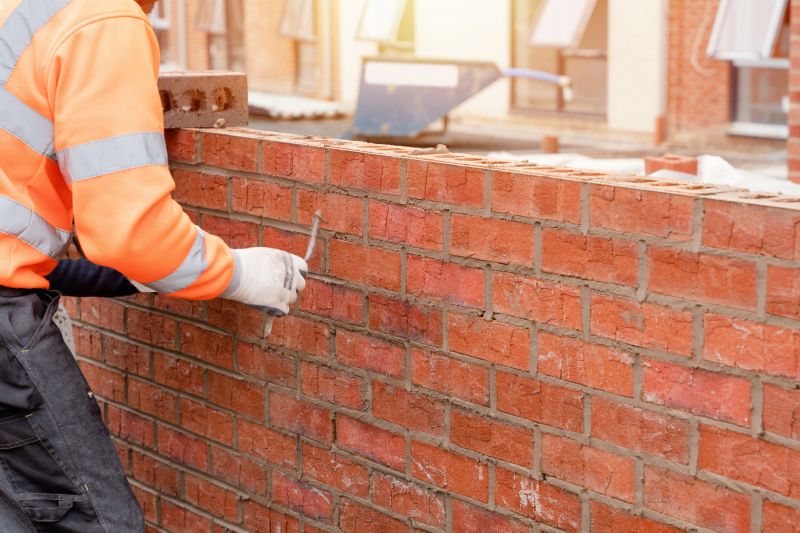
Spring's mild weather supports effective mortar curing and adhesion.
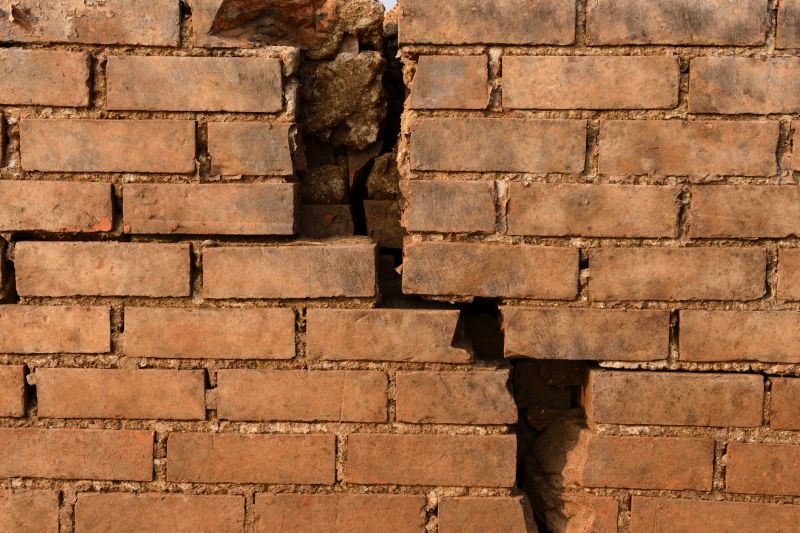
Optimal early summer conditions prevent mortar from drying too fast.
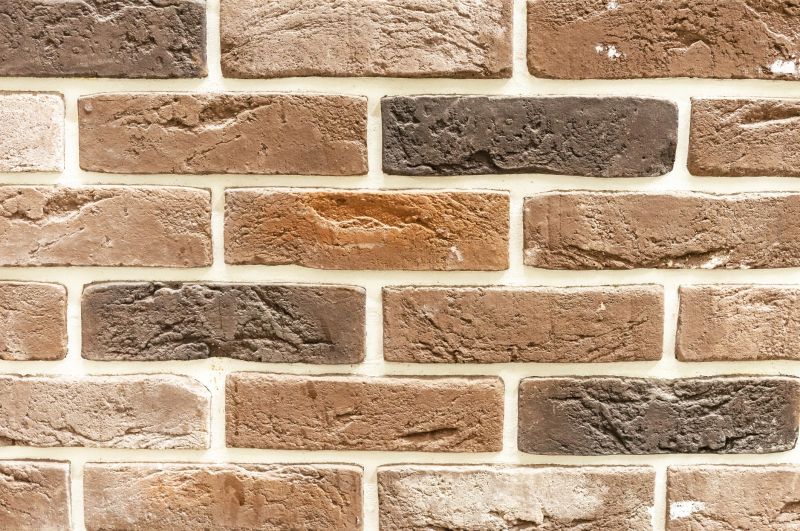
Cool fall weather promotes long-lasting repairs.
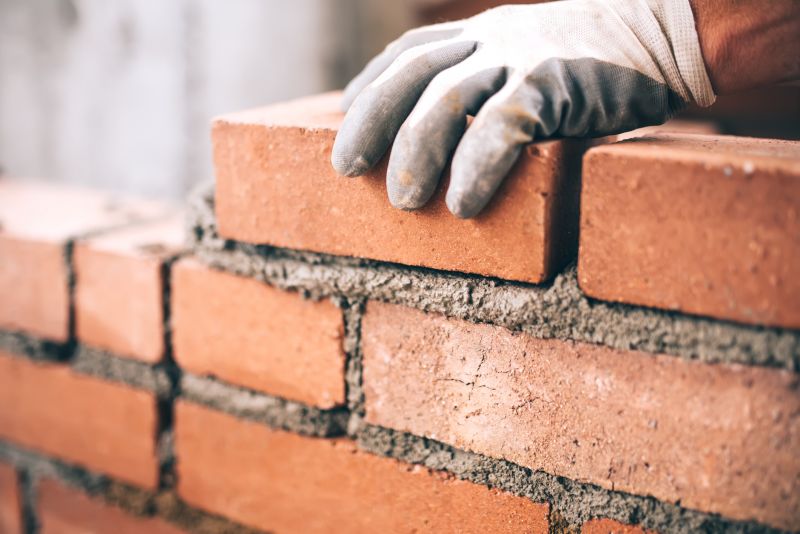
Ways to make Brick Mortar Repairs work in tight or awkward layouts.
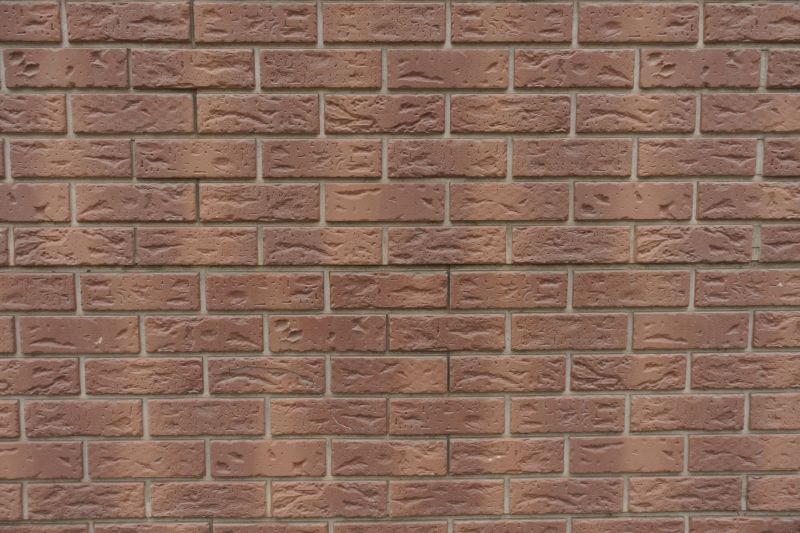
Popular materials for Brick Mortar Repairs and why they hold up over time.
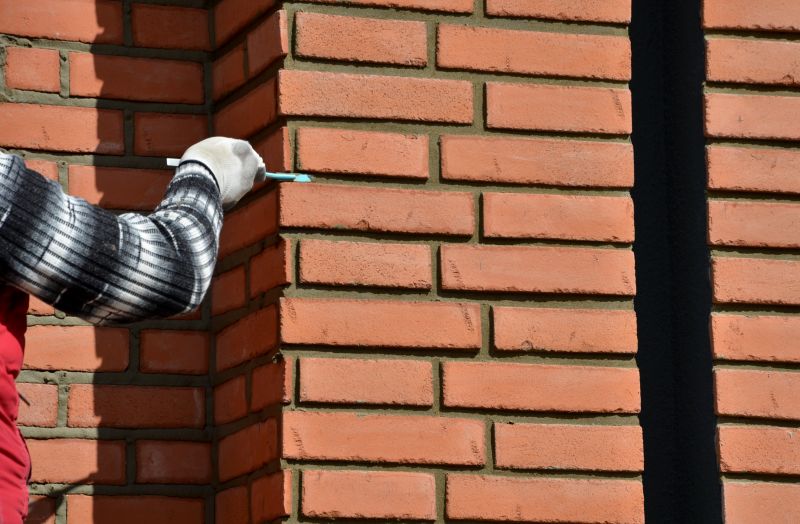
Simple add-ons that improve Brick Mortar Repairs without blowing the budget.
| Season | Recommended Conditions |
|---|---|
| Spring | Moderate temperatures, low humidity, ideal for curing |
| Summer | Warm but not excessively hot, minimal rain |
| Fall | Cool temperatures, dry weather |
| Winter | Freezing temperatures, high moisture, unsuitable |
Brick mortar repairs are essential for maintaining the integrity and appearance of masonry structures. Mortar acts as the binding agent between bricks, providing stability and weather resistance. Over time, mortar can deteriorate due to exposure to moisture, temperature fluctuations, and age. Proper repair involves removing damaged mortar and applying new mortar that matches the existing material in composition and appearance. Statistics indicate that timely repairs can extend the lifespan of brick structures by decades, preventing costly replacements and preserving structural safety.
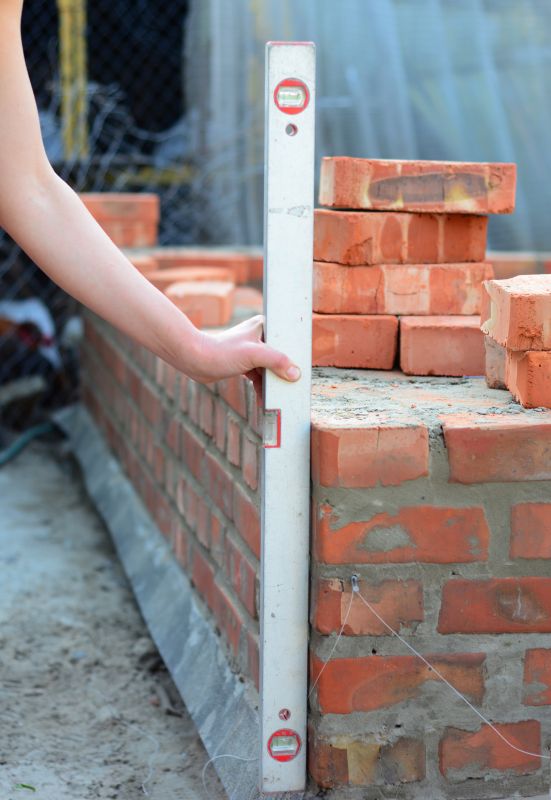
Removing old mortar and applying new mortar for durable repairs.
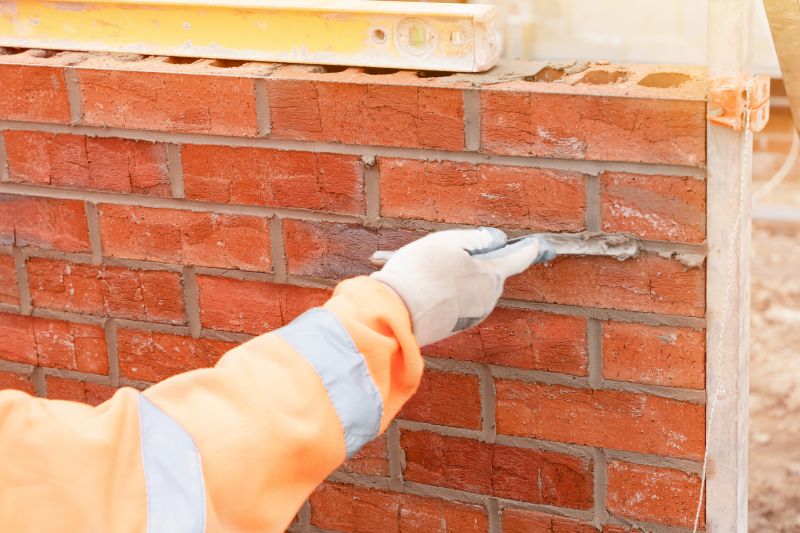
Specialized tools ensure precise mortar application.
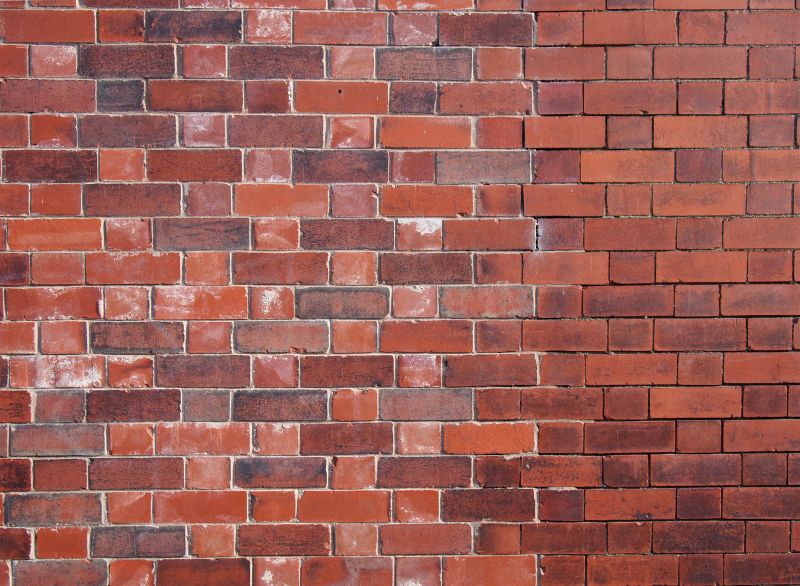
Finished repairs restoring structural integrity.
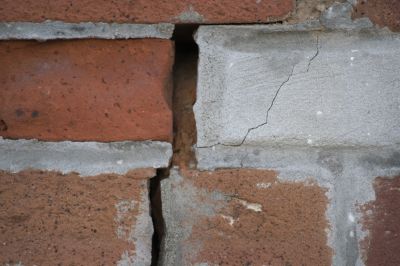
Comparison showing the effectiveness of timely mortar repairs.
Interested parties are encouraged to contact for further information or to schedule a brick mortar inspection and repair consultation. Proper timing and maintenance can significantly enhance the durability and appearance of masonry structures, ensuring safety and longevity.
